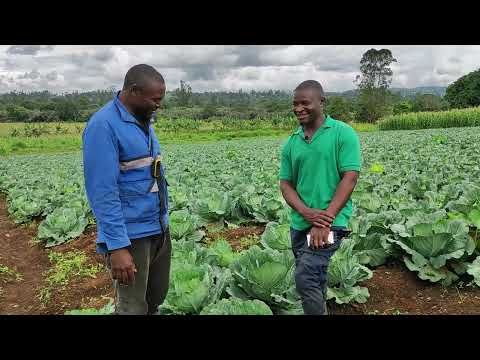Agri-food processing, which defines the process by which agricultural raw materials are transformed into finished food products, is a major challenge in Africa. This process can include various stages such as processing, preservation, preparation and manufacturing of food products.
Africa, a continent rich in agricultural resources, encounters enormous difficulties in the processing of its agricultural products. This reality dive in farmers and peasants into indescribable precariousness. According to a World Bank study, around 75% of people living in poverty in Africa are from rural areas. Indeed, on average, 45 to 50% of the inhabitants of sub-Saharan Africa live below the poverty line.
It is in this context that AS-FOOD intervenes. With the mission of reducing post-harvest losses, AS-FOOD positions itself as a key player in the processing of agricultural products. The objective is to promote food products as close as possible to the harvesting areas and thus offer a better quality of life to farmers and peasants on the continent. This article explores how AS-FOOD, thanks to an innovative and sustainable approach, paves the way for improving the living conditions of these African farmers.
AS-FOOD's contribution to improving the living conditions of farmers
- Increase in Income :
Products processed by AS-FOOD mini-factories are purchased from nearby producers, creating additional income opportunities for rural communities.
The acquisition cost of these mini-factories is much lower than that of most stationary factories. In addition, AS-FOOD has formed partnerships with banks to provide leasing solutions to its private clients. These characteristics facilitate acquisition by groups and cooperatives of producers, who can thus keep a greater part of the value of their production.
- Job Creation :
By introducing innovative mini-factories, AS-FOOD contributes to the creation of direct and indirect jobs in rural areas (mini-factory operations, maintenance workers, traders, etc.). This initiative promotes economic growth while providing employment prospects for farmers and their families.
- Food security :
AS-FOOD's advanced technology extends the shelf life of agricultural products, contributing to food safety. The diversification of the food supply is also encouraged, strengthening the resilience of communities in the face of food challenges.
- Circumvention of costly constraints to eliminate
AS-FOOD addresses head on the challenges hindering agri-food processing in Africa: weak road and suitable storage infrastructure, high seasonality of harvests, low cultivated surface area per producer.
In summary, AS-FOOD represents a concrete and ingenious response to current challenges, paving the way for positive transformation in Africa.







